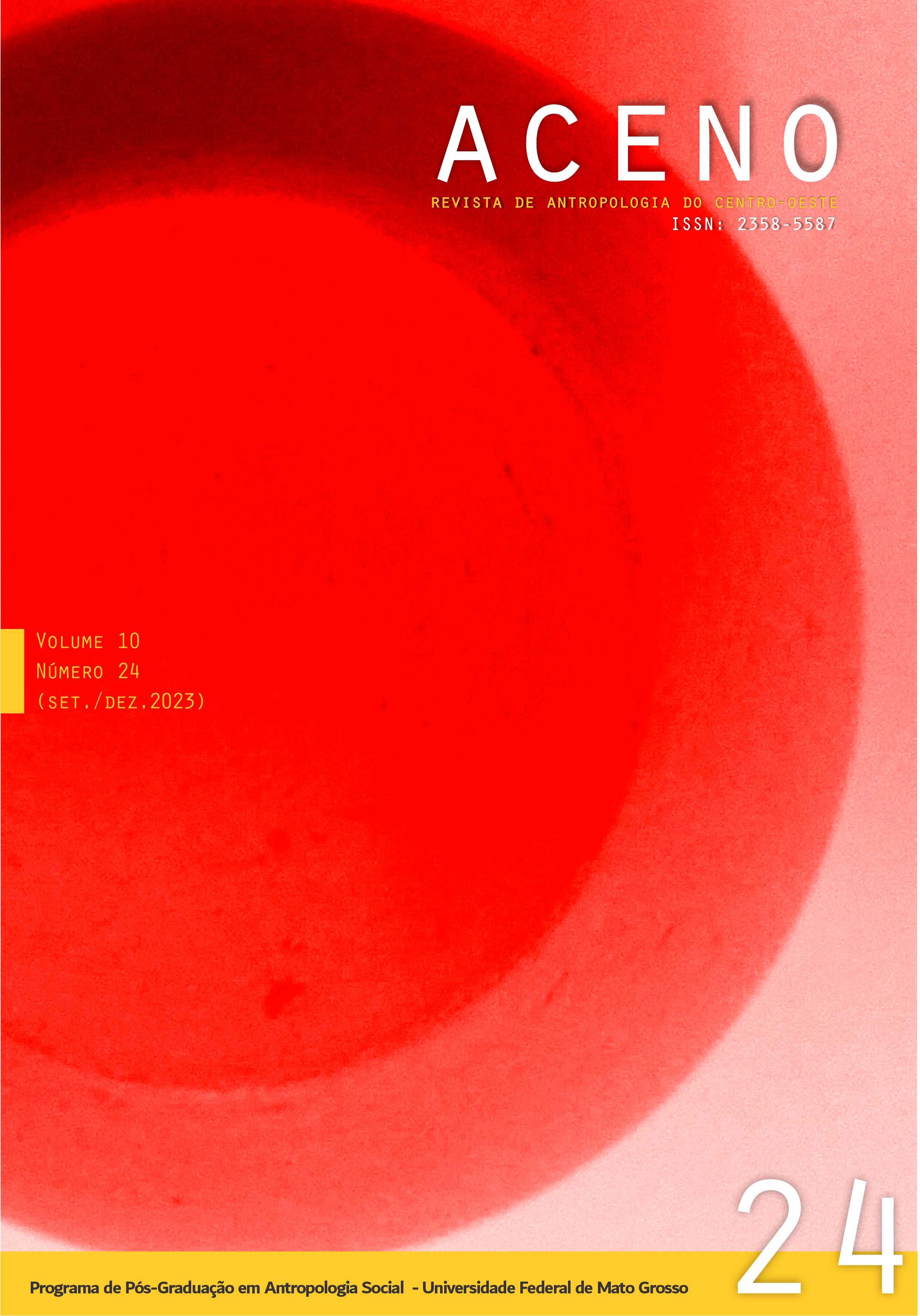Psychic suffering and neoliberalism
In this dossier, we share the idea that neoliberalism can be characterized as a normative system that has profoundly modified the modes of subjectivation and developed a specific form of politics concerning the production and management of psychological suffering, insofar as it subjects individuals to a regime of generalized competition. This is why this dossier aims to discuss the complexity that characterizes the relationship between neoliberalism and psychological suffering. The choice to discuss this complexity from this perspective was imposed on the proposal as a way of emphasizing neoliberalism as a producer and manager of psychic suffering since neoliberalism not only produces suffering but also manages it. In this sense, one can also conceive of neoliberalism fundamentally as a way of life, which implies a grammar of recognition, as well as a politics focused on suffering, since the neoliberal way of life not only extracts more production but also more enjoyment from the experience of suffering. This way of life proposes a type of individualization based on the company model: life must be managed and evaluated as if it were a company, which presupposes risk analysis and decision-making based on calculations, in other words, self-management. In this dossier, we also intend to point out how the management of subjective life carried out by neoliberalism still involves an intimate relationship between neoliberalism and psychiatry, within which the grammar of psychic suffering has undergone significant reformulation. Considering its historical context, it can be said that the nature and activity of institutional psychiatry has undergone an important change. This change is related to the growth and flourishing of research carried out in the field of neuroscience, as well as the increase in prescriptions and use of psychoactive drugs, and the demand for psychiatric help. In this process, psychiatry has become increasingly guided by biology, and one of its central premises has been the idea that psychiatric disorders are the result of "chemical imbalances". In this sense, the pharmaceutical industry and psychiatry have made a concerted effort to make this idea widely popular, and these combined efforts have resulted in diagnostic inflation. This relationship is not unrelated, therefore, to the processes of medicalization and pharmaceuticalization that drive the use of psychoactive drugs, which, within the biocentric neoliberal logic of suffering, have served to increase the productivity of subjects.
Read more about Psychic suffering and neoliberalism

















